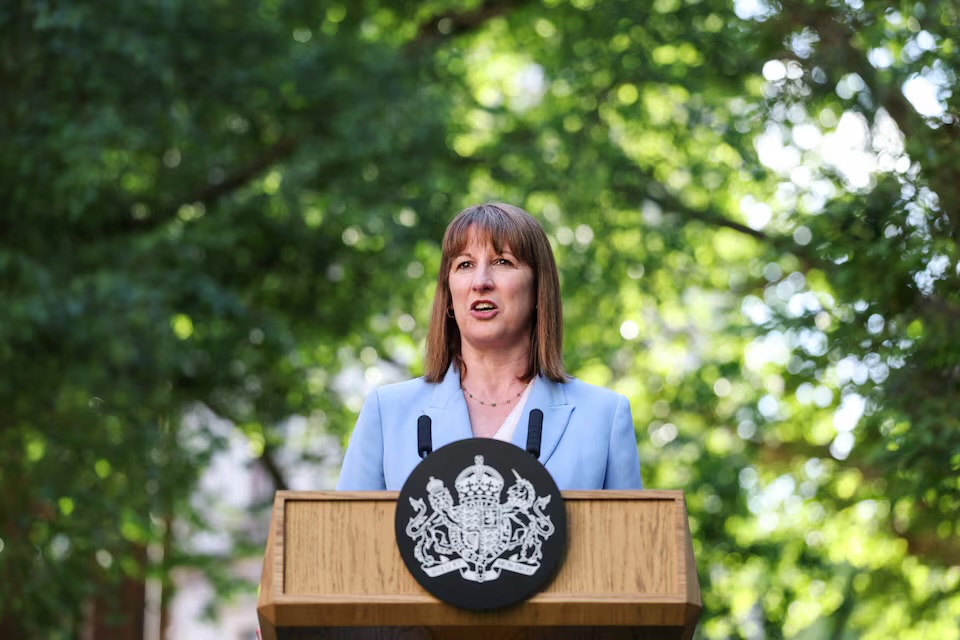Chancellor Rachel Reeves has announced that the government’s budget will be delivered on Wednesday 26 November, setting the stage for tough choices on tax and spending.
The statement will outline how the government intends to fund essential services such as the NHS, schools, policing and defence, while balancing strained public finances and trying to reassure investors.
Reeves told the BBC that her priority was to turn the economy around by investing in growth and ensuring working people “have the tools, training and opportunities to fulfil their potential.”
She confirmed the Budget will focus on investment and reform while sticking to Labour’s manifesto pledge not to raise VAT, income tax or National Insurance for workers.
Pressure to raise revenue
Economists warn Reeves faces limited room for manoeuvre, with sluggish growth, rising inflation and borrowing costs at their highest since 1998.
That leaves only a £10bn buffer to meet her self-imposed fiscal rules.
Options under discussion include windfall taxes on banks, property levies, or reforms to council tax.
Treasury sources said the timing was in line with past autumn budgets and would allow the Office for Budget Responsibility (OBR) to complete its 10-week economic forecast.
The OBR’s analysis, due later this month, will be critical in determining how much revenue must be raised or spending cut to meet Reeves’ two rules:
Covering day-to-day spending from taxes, not borrowing, by 2029-30.
Reducing national debt as a share of GDP by the end of this parliament.
The announcement sparked fierce exchanges in Westminster. Conservative leader Kemi Badenoch accused Labour of dragging down the country and blamed Reeves’ policies for higher borrowing costs.
Prime Minister Sir Keir Starmer hit back, arguing Labour had spent its first year repairing “the fires lit by the Tories, who blew up the finances.”
Shadow chancellor Mel Stride claimed Labour was stalling by delaying the budget until late November, accusing the government of dither and delay.
The OBR’s upcoming forecast, incorporating long-term productivity assessments, could further widen the fiscal gap estimated by some think tanks at up to £50bn a year.
Reeves may be forced into politically difficult decisions to keep her borrowing rules intact.
Despite the challenges, Reeves insisted her strategy remained clear.
“If renewal is our mission and growth is our challenge, investment and reform are our tools. Only by keeping a tight grip on spending can we afford the changes this country needs.”



